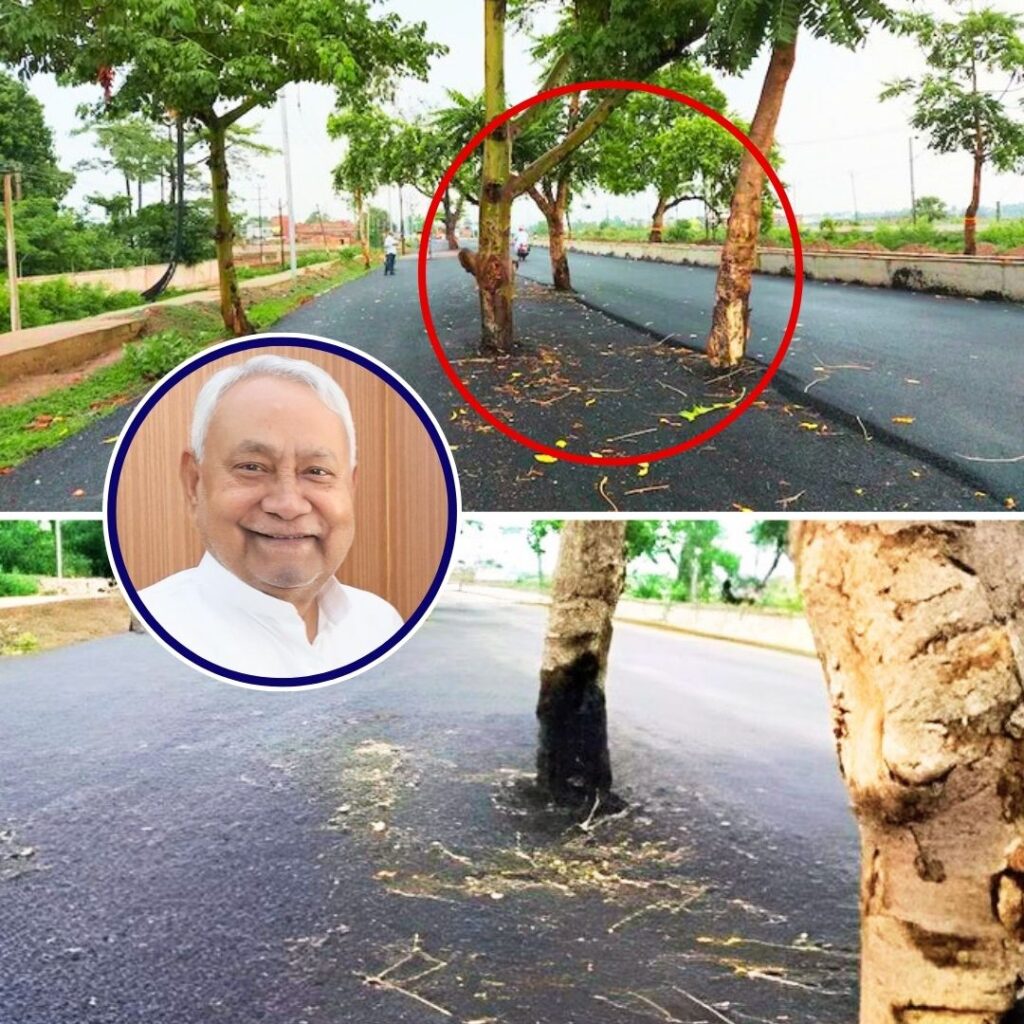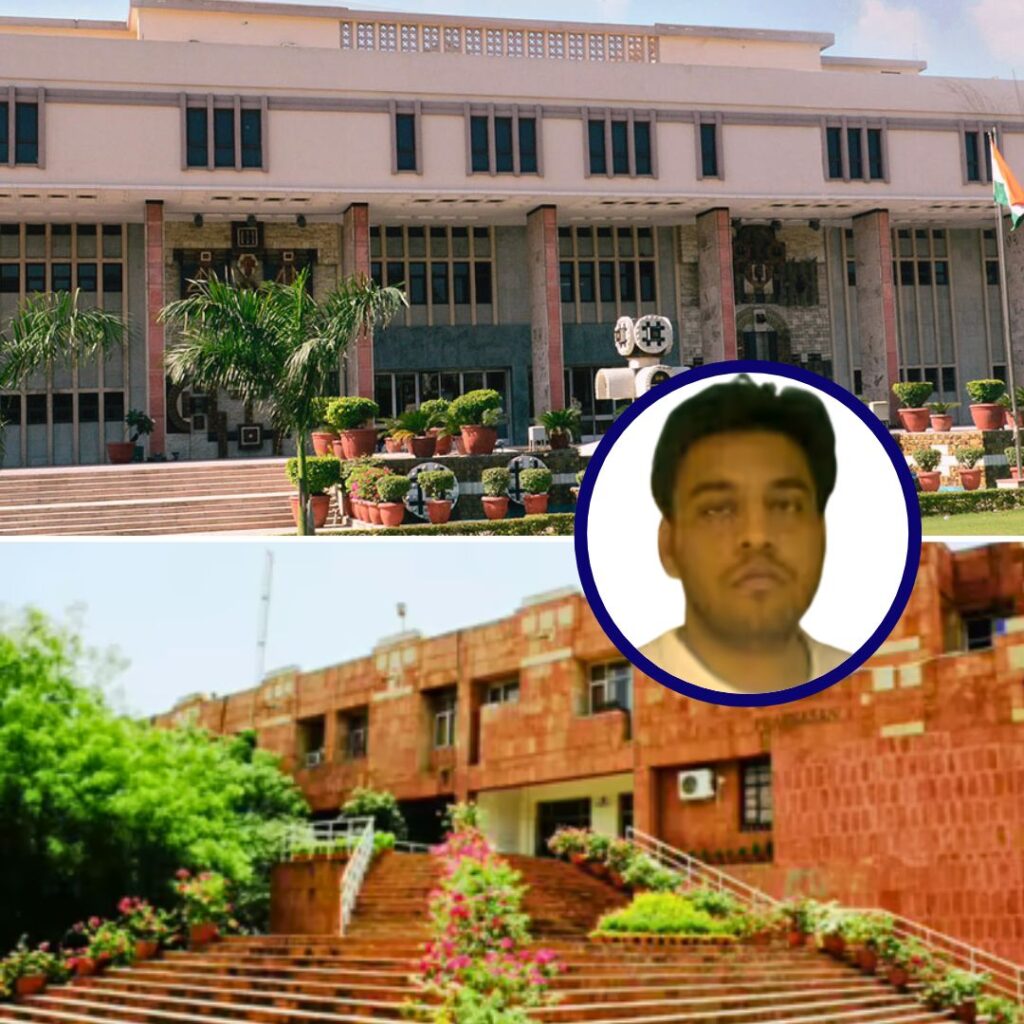History was written on Parliament Street in New Delhi on 20 November, 2017 when a large congregation of farmers across at least 20 states of India joined a Kisan Mukti Sansad, or a Farmers’ Liberation Parliament.
The estimated fifty thousand farmers who participated represent, in fact, several lakhs of farmers from different farmer organisations. At least 150 such farm organisations came together to form the All India Kisan Sangharsh Coordination Committee (AIKSCC) in July 2017.
These organisations include big as well as small, national as well as district-level organisations in some cases. These organisations work with adivasi farmers, women farmers, agricultural workers, upper class farmers, tenant farmers and sharecroppers, sugarcane or potato farmers, delta region farmers, farmers from the green revolution pockets of India, rainfed farmers etc.
Despite being our annadataas, (the ones who feed us and keep us alive)farmers have been ignored by the nation for many decades now. In the larger economic equations around GDP and growth figures, they have become irrelevant as agriculture’s contribution to the economy dwindled steadily, and was made to dwindle this way through policy orchestration.
It is against this backdrop of being invisible to, and neglected by governments and society at large, that the Kisan Mukti Sansad made a big splash, and managed to reignite a debate around farmers, their needs and demands.
Demands of the farmers
Two demands have unified them all, in the hope that the immediate acute crisis of farmers, forcing many to resort to suicides, will be resolved to an extent, when these demands are met. First, freedom from debt and second, guaranteed remunerative prices for all agri-produce for all farmers.
While political analysts might be looking into what implications such farmers’ movements have for the ruling party in the upcoming elections, the farmers are not routing for any electoral gains.For them, this is about life and death. This is about dignity in the profession that they find themselves trapped in. This is about having many unfulfilled aspirations – not too lofty, but basic like good education for their children.
What was different about this farmers’ congregation?
For one thing, the numbers. In the recent past, no such farmer mobilisation was witnessed in the capital city of the country.
Two, they managed to receive exceptional media coverage. It has not been unknown that several such movements are blacked out by the media for some reason or the other. This was not the case with the Kisan Mukti Sansad, however. Media houses went out of their way to make sure that the voices of our anna daatas are amplified and explained to policy makers and public at large.
Three, one of the reasons why media paid attention to them is the social media campaigns that preceded the actual convergence on Parliament Street. Hundreds of citizens, including many celebrities like Kamal Haasan and Swara Bhaskar took to twitter to support the farmers’ demands in a “#Indebted2Farmers” campaign that sought to reach out to urban consumers all over the country. Before this, another campaign called “#KisanKiLoot” brought out visual stories of farmers and how they are being cheated on the price front vis-à-vis the prices that are rightfully due to them. Together, these campaigns trended on social media platforms, and made the issues visible.
Truly indebted to the farmers of India. Strengthen their voice. விவசாயிகள�?க்க�? கடன் படாதவர் யார்? அவர்கள் க�?ரல் வல�?ப்பெறச் செய்ய�?ங்கள். pic.twitter.com/Np7Jn2sd7N
— Kamal Haasan (@ikamalhaasan) November 16, 2017
What was also noticeable was the absence of political parties using a farmers’ platform to settle scores with each other, in this Kisan Mukti Sansad. AIKSCC had announced in October 2017 that after the two bills around its two main demands are ready and shared with all political parties, only those parties which are ready to support the farmers and take forward these bills in the Parliament are welcome to be seen with the platform.
Gut-wrenching tales of farmer distress from all over the nation. Shame! Shame!! @PMOIndia @radhamohanBJP #KisanKiLoot pic.twitter.com/ySoGzCnGWp
— kavitha kuruganti (@kkuruganti) November 14, 2017
A noteworthy feature was the presence and participation of many urban youth (men as well as women), including a few from farming families, who put in voluntary services for organising the Kisan Mukti Sansad. Farmers from all over the country were taken care of, with warm hospitality extended by these youngsters.
This farmers’ struggle was also distinctly different in that it not only denounced current policies of the government, but also came up with its own solution for resolving the farm crisis, in the form of two bills that were tabled in the farmers’ Parliament. This is an unusual feature, compared to other farmers’ struggles.
There was also a solemn pledge taken by every…











